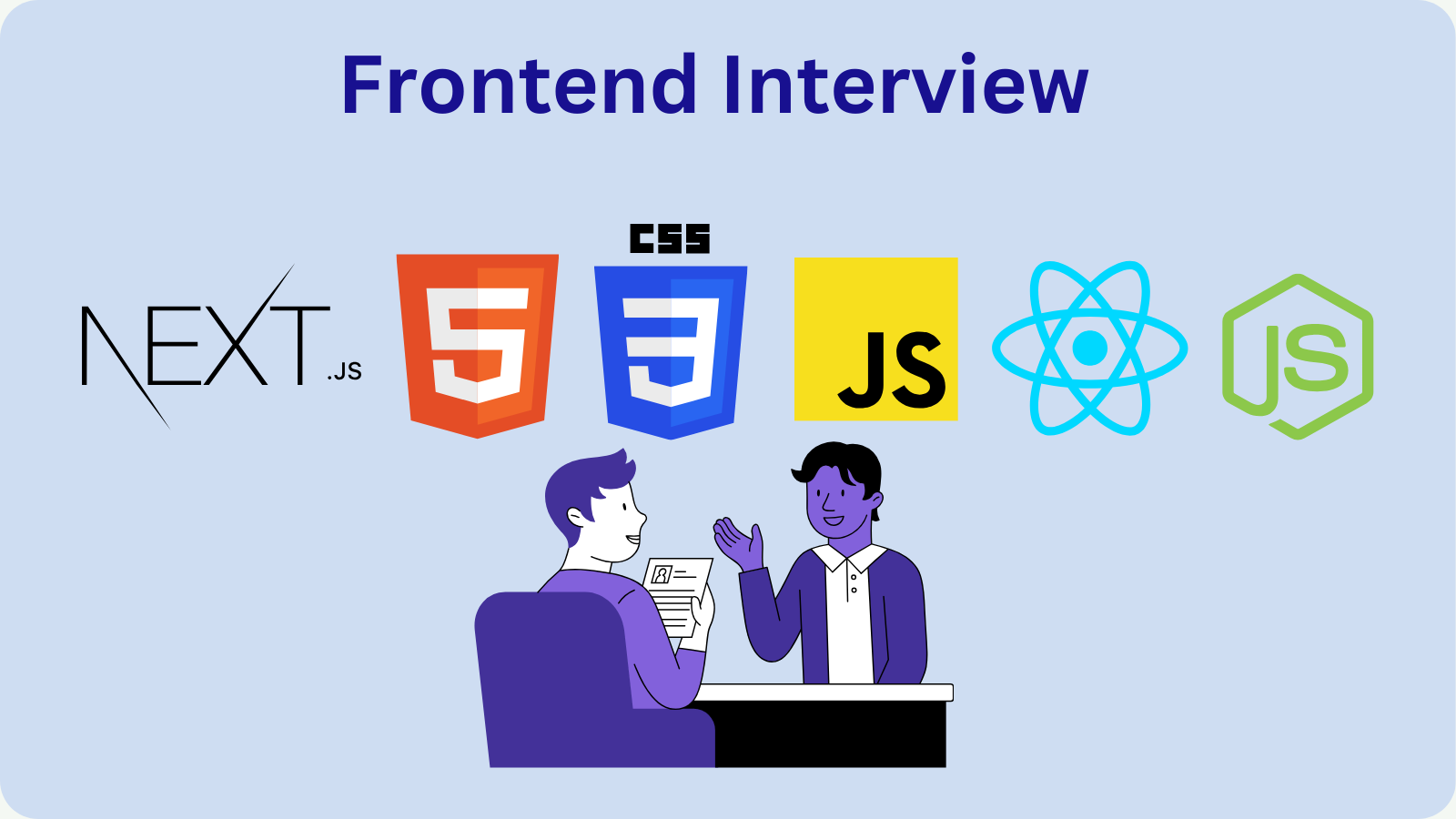How To Prepare Your Resume For An Interview
How To Nail Your Frontend Interview Day 2

Resume Preparation
Welcome to Day 2 on our series on how to nail your frontend interview. As mentioned in day 1 we are going to talk about each phase. If you haven’t read Day 1’s article Click Here
So today we will be focusing on how you can prepare your resume. What is a resume? A resume is a summary of you, the professional you to be exact. Okay you might be confused when I use the term “professional you” let me elaborate more one what I mean when writing a resume, you are basically selling your skills, knowledge and experience to a prospective employer. This is known as pitching. I don’t want to sound harsh but, the goal of a resume is to explain what do you bring to the table. This is the reality when it comes to looking for a job, its either you have or not. Enough talk about what a resume is let’s get down to business. Why do we need to prepare our resume? Well to get to the next stage of course. Applying with a resume that is inadequately made won’t get you that job. Anyways I am here to help you with that. Below is one of my resumes that I used a while ago and this got me to the next stage.

Back to formatting
- Introduction: At the top of your resume include your name, title, links to your work like GitHub, Location and where you can be contacted.
- Summary: A short pitch about yourself and your skills. Keep it concise and short. Also, include keywords that are used in the job description. I will why this is important later in this post.
- Education: List out colleges or universities that you attended also include the program you are/were doing and the period you are doing/did this program. For tech jobs we do not usually need to list out the high school you attended.
- Experience: This is the section were you are going to list out employment history. It is important always include the job title held, name and location of the company, dates that indicate the duration you held that position and concise points on what was involved in your work. When it comes to the points try listing them as bullet points also, use action words like “I created, developed” etc and if you can provide metrics.
- Skills: List out both non and technical skills in this section. Be careful not to list skills that are do not improve your resume and of course do not lie. Additionally, ensure you list key skills that are required on the job requirements.
- Certifications: The resume that I showed you just now doesn’t have this section because it’s an entry level resume but, if you have any additional certifications that you think can boost your chances list them. Also, just in case you didn’t know certifications can also indicate experience as they usually include the date you got certified.
- Projects: Well this part is mainly for entry level. Its best to try include your top 3 portfolio projects to show your prospective employer what you can do. Also, do not forget to include a demo link and a link to the repository.
ATS Software (Applicant Tracking Software)
In the formatting section I mentioned it’s important to include key words from the job description. This is because resumes are now automatically reviewed by hiring software. The software is designed to look out for keywords and also checks if the resume follows a known format. The resumes are then filtered and those with resumes that meet the requirements are forwarded to the hiring manager for a manual review, if the hiring manager finds that your profile fits what they’re looking you will receive an email on the next step. The next is not always the same for each company but we will discuss this in coming of this series.
Final Tips
- Length: Keep your resume short 1-2 pages.
- Format: Use PDF format and stick conventional resume format.
- Go over your resume: Proofread your resume to make sure there are no mistakes made like typos.
- Visit overleaf.com for resume templates.
- Low experience: if you have low experience create a few projects, freelance and make connections when you can.
Thats all for this post Tschüss 👋🏾